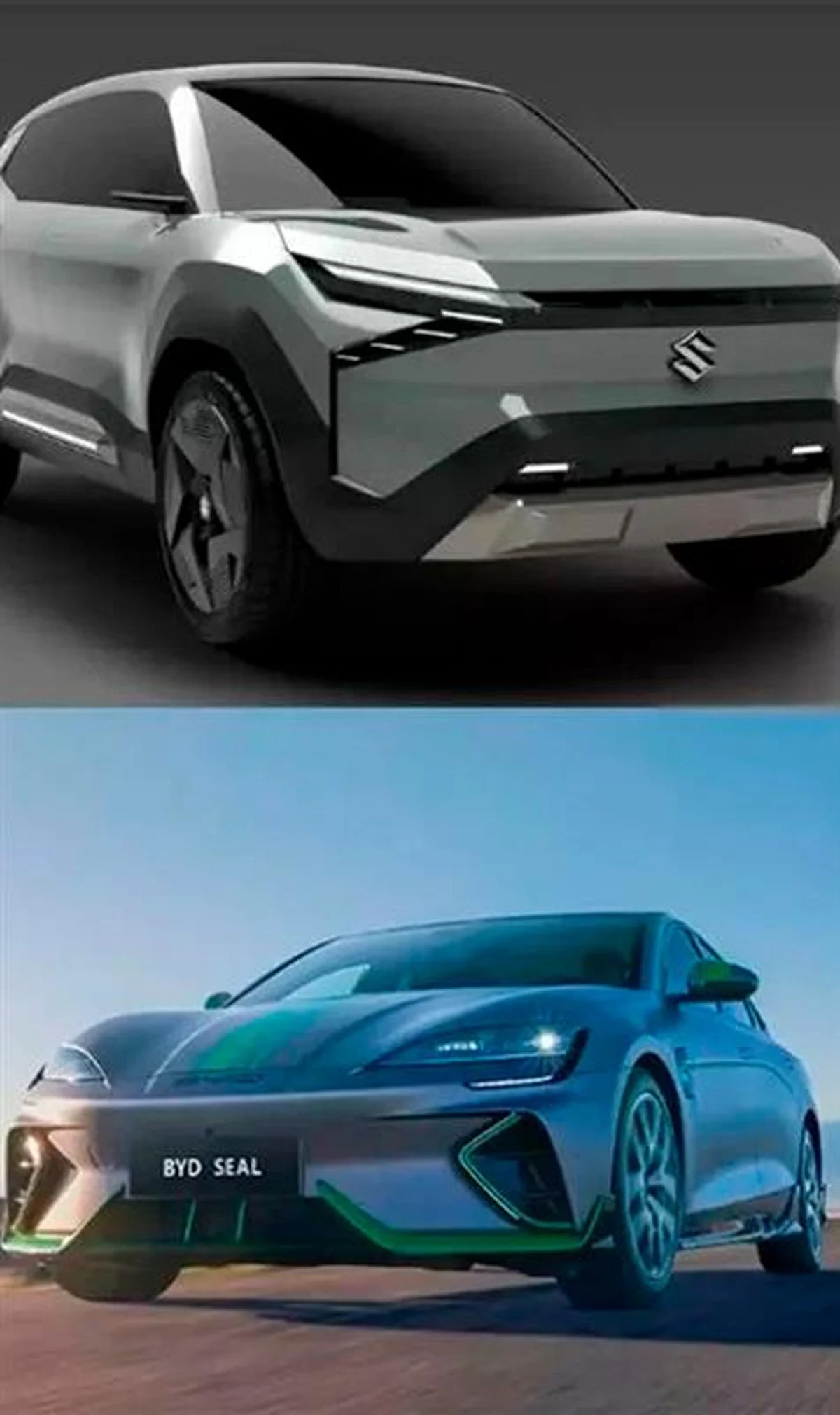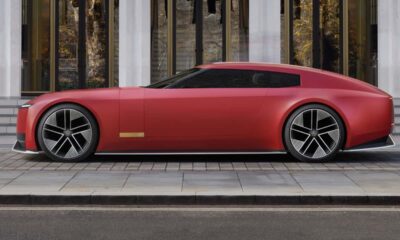Technology
Luxury EVs Set to Transform Indian Market: BMW, Audi, and Mercedes in 2025

BMW, Mercedes-Benz, and Audi are poised to lead the luxury electric vehicle (EV) market in India with an impressive lineup planned for 2025. Each manufacturer aims to introduce cutting-edge models equipped with advanced long-range technology, marking a significant shift towards sustainable luxury in the Indian automotive landscape.
New Models on the Horizon
In 2025, Indian consumers can expect to see exciting new offerings from these automotive giants. BMW plans to launch the much-anticipated iX5, featuring a range of up to 600 kilometers on a single charge. This model is part of BMW’s broader strategy to expand its electric lineup globally.
Mercedes-Benz is also making strides with its EQ series, introducing the EQS sedan, which is designed to appeal to luxury car buyers seeking both performance and sustainability. This model promises a range of up to 700 kilometers, showcasing the brand’s commitment to innovation in the EV sector.
Audi is not to be outdone, with plans to unveil the Q8 e-tron, which aims to combine luxury and practicality in the electric SUV market. With an expected range of 650 kilometers, the Q8 e-tron is set to resonate with consumers looking for versatility without sacrificing luxury.
Technological Advancements Driving Demand
The push towards electric mobility in India is supported by advancements in battery technology and infrastructure. As the demand for environmentally friendly vehicles grows, manufacturers are investing heavily in research and development. The integration of long-range capabilities into these luxury EVs is crucial for addressing range anxiety, a common concern among potential buyers.
According to a report by the Society of Indian Automobile Manufacturers, the luxury EV segment is expected to grow significantly, with sales projected to double by 2025. This growth is driven by increasing consumer awareness of environmental issues and government incentives aimed at promoting electric mobility.
The Indian government has introduced various policies to facilitate the adoption of EVs, including subsidies and tax breaks for manufacturers and consumers alike. As a result, automakers are eager to tap into this emerging market, which presents both opportunities and challenges.
With their emphasis on luxury and performance, BMW, Mercedes-Benz, and Audi are well-positioned to capture the interest of affluent consumers in India. The anticipated launches not only align with global trends towards electrification but also cater to the unique preferences of the Indian market.
As 2025 approaches, the competition in the luxury EV segment will likely intensify. Consumers can expect not just new models but also enhanced features, competitive pricing, and improved service networks dedicated to electric vehicles. The stakes are high, and how these manufacturers execute their strategies could define their success in one of the world’s most promising automotive markets.
The shift towards electric luxury vehicles is not just about technology; it represents a broader transformation in consumer attitudes and environmental responsibility. As these brands prepare to make their mark in India, the impact on the automotive industry and the environment could be profound, paving the way for a greener future.
-

 Technology5 months ago
Technology5 months agoDiscover the Top 10 Calorie Counting Apps of 2025
-

 Health3 months ago
Health3 months agoBella Hadid Shares Health Update After Treatment for Lyme Disease
-

 Health3 months ago
Health3 months agoErin Bates Shares Recovery Update Following Sepsis Complications
-

 Technology4 months ago
Technology4 months agoDiscover How to Reverse Image Search Using ChatGPT Effortlessly
-

 Technology1 month ago
Technology1 month agoDiscover 2025’s Top GPUs for Exceptional 4K Gaming Performance
-

 Technology3 months ago
Technology3 months agoElectric Moto Influencer Surronster Arrested in Tijuana
-

 Technology5 months ago
Technology5 months agoMeta Initiates $60B AI Data Center Expansion, Starting in Ohio
-

 Technology5 months ago
Technology5 months agoRecovering a Suspended TikTok Account: A Step-by-Step Guide
-

 Health4 months ago
Health4 months agoTested: Rab Firewall Mountain Jacket Survives Harsh Conditions
-

 Lifestyle5 months ago
Lifestyle5 months agoBelton Family Reunites After Daughter Survives Hill Country Floods
-

 Health3 months ago
Health3 months agoAnalysts Project Stronger Growth for Apple’s iPhone 17 Lineup
-

 Technology4 months ago
Technology4 months agoHarmonic Launches AI Chatbot App to Transform Mathematical Reasoning





















